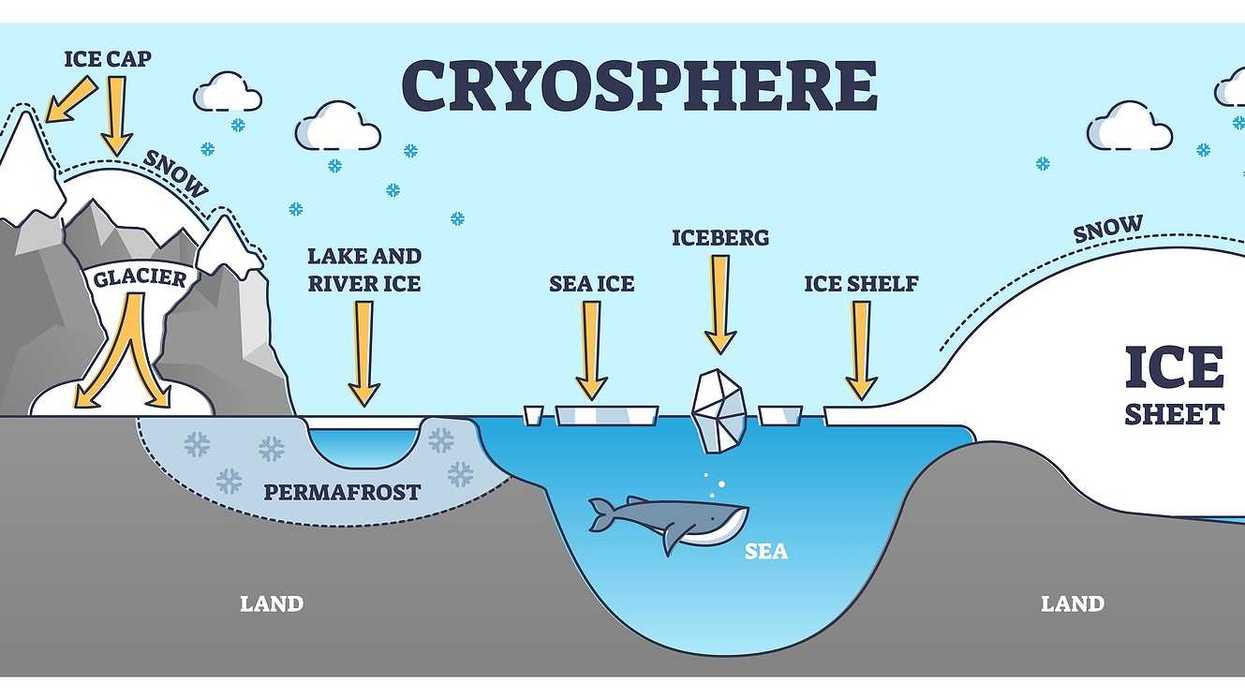President Donald Trump’s administration has rescinded a proposed U.S. Environmental Protection Agency rule that would have set national limits on the discharge of PFAS chemicals into waterways, leaving states to regulate industrial pollution on their own.
In short:
- The Biden-era proposal aimed to set federal limits on PFAS discharges under the Clean Water Act, but its withdrawal means no national restrictions exist for chemical manufacturers.
- Michigan has taken a leading role in PFAS regulation, with some of the strictest state standards, but contamination remains a problem in places like the Huron River.
- The City of Ann Arbor has invested in advanced water filtration, while health officials advise residents to avoid river foam and certain fish due to PFAS exposure risks.
Key quote:
“This really highlights the need for states to step up and take leadership on environmental protection. So we are really going to be relying on state drinking water standards; state policies to keep us safe.”
— Daniel Brown, Huron River Watershed Council
Why this matters:
PFAS chemicals, known as "forever chemicals," persist in the environment and have been linked to cancer, reproductive issues, and immune system disorders. Without federal oversight, states must set their own regulations, leading to uneven protections and potential gaps in enforcement. Michigan has strict drinking water standards, but PFAS pollution continues to threaten waterways like the Huron River, which supplies Ann Arbor’s drinking water. The rollback of federal discharge limits could make it harder to prevent future contamination, putting more pressure on local governments and residents to safeguard public health.
Related:














